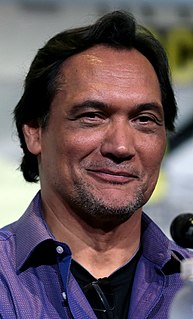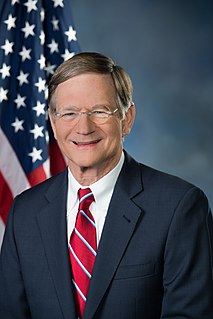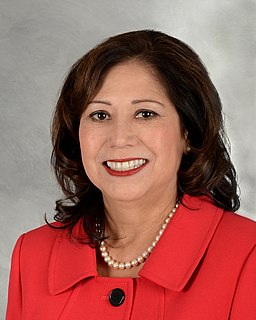A Quote by Chris Hayes
I think you'll see if you look at 'Up', we've focused a lot on labor (and the forces trying to keep labor down) and have featured everything from Wal Mart workers, to on-the-ground organizers, to union presidents to restaurant workers sitting at the table sharing their experience and expertise.
Related Quotes
Labor unions have a long history of benefitting all workers, even those who are not members of unions, because everyone's wages go up. If we don't increase membership - and membership in labor unions is going down because of the attacks against organized labor - it's something every single American, whether they're officially in a union or not, should be concerned about. It's a spiral. It's a weakening of the middle class and our economy can't sustain that.
Apparently, union bosses are so distraught about declining enrollments they will stoop to exploiting illegal workers. There is no doubt that this would hurt American workers, who would suddenly face a flooded job market full of cheap foreign labor. It would depress the wages of the American workers and cost them jobs.
What about precarious labor? It's actually not the most efficient form of labor at all. They were much more efficient when they had loyalty to their workers and people were allowed to be creative and contribute - you know that what precarious labor does is that it's the best weapon ever made to depoliticize labor. They're always putting the political in front of the economic.
[A.J. Muste] was from Michigan and he grew up in the Dutch Reform Church there, which is a fairly strict church. He later came to New York. He was the minister of a labor temple in the - on the East Side. Then he founded, to my knowledge, the first, maybe the only, labor school; that is, Cornell has a labor department and other schools. But this was a school for - entirely for labor organizers, and he was the - the chairman.
Wal-Mart has become the whipping boy for political demagogues, unions and anti-traders. I suggest that they have the wrong target.... Wal-Mart exists and prospers because tens of millions of Americans find Wal-Mart to be a suitable source of goods and services..... unions and anti-traders should direct their outrage and condemnation at the tens of millions of Americans who shop at Wal-Mart and keep it in business.
On the basis of his work each person is fully entitled to consider himself a part owner of the great workbench at which he is working with everyone else. A way toward that goal could be found by associating labor with the ownership of capital joint ownership of the means of work, sharing by the workers in the management and/or profits of businesses, so-called shareholding by labor, etc.
Wal-Mart's size and scale is so vast they literally have the ability to change the face of the entire country. If Wal-Mart were to make a decision tomorrow to refuse to sell a single product made with partially hydrogenated oils, for example, we'd probably see rates from heart disease decline a few years later. That's how powerful Wal-Mart is.

































